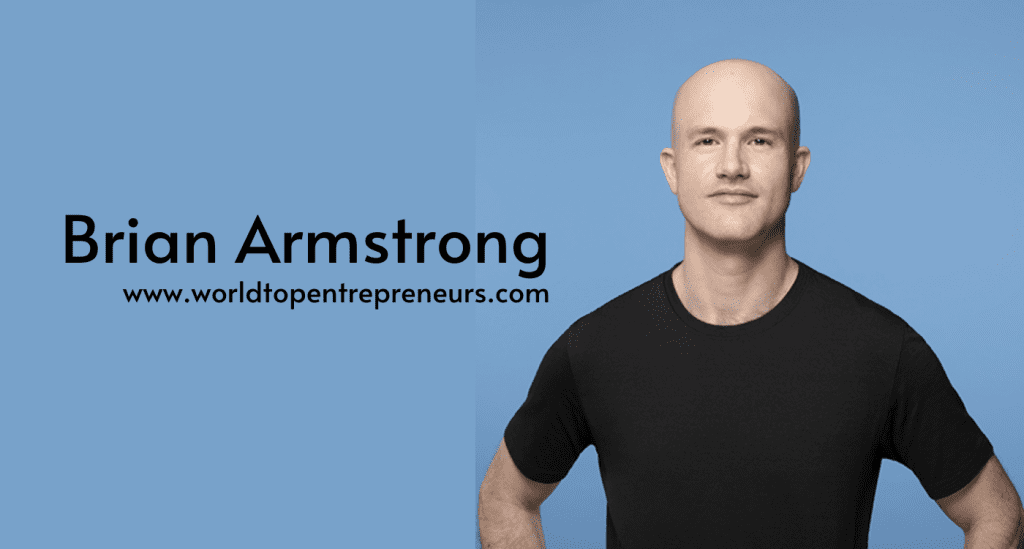Jacob de Geer is a Swedish entrepreneur best known for co-founding iZettle, a mobile payments company that revolutionized how small businesses accept card payments. His innovative thinking and relentless drive have made him a prominent figure in the fintech world, helping transform the landscape of payments for entrepreneurs and small enterprises globally. Let’s dive into Jacob de Geer’s entrepreneurial journey, how iZettle reshaped the payments industry, and his impact on the world of technology.
Early Career: Building a Foundation in Digital Media and Advertising
Jacob de Geer’s entrepreneurial instincts were evident early in his career. Before venturing into fintech, he worked in the fields of digital media and advertising. This early experience shaped his understanding of technology, consumer behavior, and how businesses interact with their customers.
One of de Geer’s first significant ventures was Tradedoubler, a performance marketing company, where he gained experience in scaling digital businesses. Tradedoubler helped shape the affiliate marketing industry, connecting businesses with consumers through digital advertising. After a successful career there, de Geer’s interest in solving problems for small businesses began to grow, which laid the foundation for his next major business breakthrough.
The Birth of iZettle: Democratizing Payments for Small Businesses
In 2010, Jacob de Geer, along with co-founder Magnus Nilsson, launched iZettle, a Stockholm-based fintech company aimed at helping small businesses accept card payments easily and affordably. At that time, accepting card payments was a complex and expensive process, often requiring significant investments in bulky card terminals and contracts with banks. Small businesses, freelancers, and independent entrepreneurs were left underserved by traditional financial institutions, creating a significant gap in the market.
iZettle was created to bridge this gap. By introducing a mobile card reader that could be plugged into a smartphone or tablet, de Geer and Nilsson offered a simple, affordable, and accessible solution for accepting card payments. This innovation democratized payment services, allowing even the smallest vendors—whether at markets, pop-up stores, or local shops—to accept cards without high fees or complicated contracts.
iZettle became the first company in Europe to launch a chip-card reader and app combination for mobile devices, which was a game-changer in the payments industry.
Overcoming Challenges: Innovating in a Competitive Space
Entering the financial services space was not without its challenges. De Geer and his team had to overcome significant regulatory hurdles and build a product that was secure, reliable, and scalable. Security and trust were paramount, as they were dealing with sensitive financial data. To address this, iZettle built partnerships with major financial institutions and payment providers, ensuring that their platform met the highest security standards.
Another challenge was the competition from established players in the payments industry, including banks and traditional point-of-sale (POS) systems. However, de Geer’s focus on small businesses, a market largely ignored by traditional financial services, gave iZettle a competitive advantage. The company’s user-friendly approach and transparent pricing resonated with its target audience, fueling rapid growth.
The Power of Innovation: Expanding Beyond Payments
Under Jacob de Geer’s leadership, iZettle didn’t stop at payments. The company expanded its offerings to provide a full suite of business tools, including point-of-sale (POS) systems, inventory management, and analytics. These tools enabled small businesses to better manage their operations, track sales, and make data-driven decisions to grow their businesses. By providing an ecosystem of services, iZettle positioned itself as more than just a payments company—it became a partner in helping small businesses thrive.
This focus on innovation and understanding the needs of small business owners helped iZettle scale rapidly. Within a few years, the company expanded its presence beyond Sweden to several countries across Europe and Latin America.
Acquisition by PayPal: A Billion-Dollar Exit
iZettle’s success caught the attention of global players in the fintech space. In 2018, iZettle was acquired by PayPal for a staggering $2.2 billion, marking one of the largest tech exits in Europe at the time. The acquisition allowed PayPal to strengthen its foothold in the in-person payments market and provided iZettle with the resources to further accelerate its growth globally.
Despite the acquisition, Jacob de Geer remained committed to iZettle’s mission. He continued to lead the company post-acquisition, ensuring that its focus on serving small businesses and driving innovation remained intact.
Leadership and Entrepreneurial Philosophy
Jacob de Geer’s success as an entrepreneur is grounded in his customer-first approach and commitment to solving real-world problems. His ability to identify gaps in the market and provide innovative solutions for underserved segments has been key to his success. De Geer has often spoken about the importance of understanding your customers’ pain points and building products that are simple, affordable, and easy to use.
He is also a strong advocate for entrepreneurial resilience. Building iZettle from the ground up came with numerous challenges, from regulatory issues to competition, but de Geer’s perseverance and ability to adapt helped the company thrive in a competitive market.
Jacob de Geer’s Legacy: Empowering Entrepreneurs
Jacob de Geer’s legacy is one of empowerment. Through iZettle, he helped millions of small businesses around the world compete with larger players by providing them with the tools they needed to succeed. His vision of making financial services accessible to everyone, regardless of the size of their business, has had a profound impact on the global fintech landscape.
In addition to his work at iZettle, de Geer continues to be involved in the startup ecosystem, providing mentorship to budding entrepreneurs and investing in promising ventures. His journey serves as an inspiration for aspiring entrepreneurs who are looking to disrupt industries, innovate, and create lasting impact.
Conclusion :
Jacob de Geer is a visionary leader who revolutionized mobile payments and empowered small businesses worldwide. His work at iZettle transformed the way businesses operate, making card payments accessible to millions of entrepreneurs. De Geer’s entrepreneurial journey is a testament to the power of innovation, customer-centricity, and perseverance in creating a company that not only thrives but also changes lives.
As fintech continues to evolve, the foundations that Jacob de Geer laid with iZettle will continue to influence the industry for years to come, especially in how technology can drive financial inclusion and support entrepreneurship at the grassroots level.





















